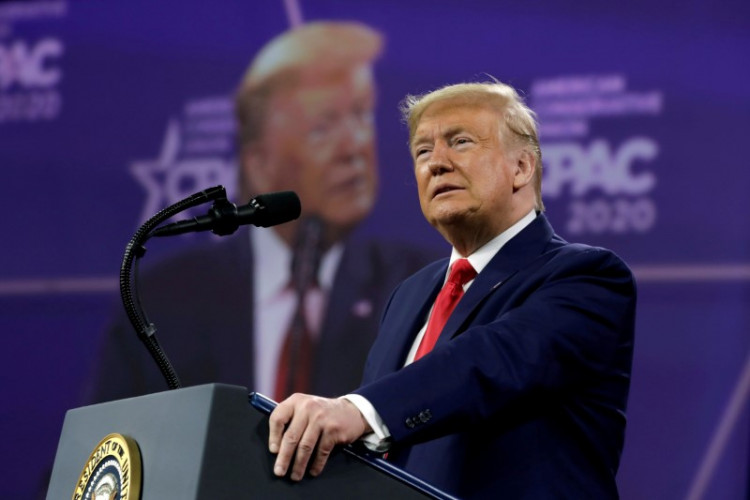President Donald Trump's comment referencing "unification and peace" during a press conference on U.S.-China trade negotiations has sparked concern in Taiwan, prompting U.S. and Taiwanese officials to clarify that American policy toward the self-ruled island remains unchanged.
During remarks at the White House on May 12 following a deal with China to roll back reciprocal tariffs, Trump praised the agreement as beneficial to both nations. "They've agreed to open China - fully open China," he said. "I think it's going to be fantastic for China. I think it's going to be fantastic for us. I think it's going to be great for unification and peace."
Although Trump made no direct reference to Taiwan, his use of the word "unification"-a term commonly associated with Beijing's objective of reclaiming sovereignty over the island-led to unease in Taipei and speculation over whether Washington's position on cross-strait relations had shifted.
A spokesperson for the American Institute in Taiwan (AIT), the de facto U.S. embassy on the island, moved quickly to clarify. "It's clear President Trump was speaking in the context of the U.S.-China trade relationship," the spokesperson said. "U.S. policy on Taiwan remains the same, and the U.S. approach to Taiwan has remained consistent across decades and administrations."
Taiwan's presidential office also addressed the statement. "The U.S. commitment to Taiwan remains strong and unchanged," said presidential spokesperson Karen Kuo. She added that Taiwan's understanding was that "the U.S.-China trade talks did not touch on Taiwan-related issues."
Taiwan's Ministry of Foreign Affairs reiterated the clarification. "The U.S. has clearly stated that Trump's remarks were made in a trade context, not in reference to Taiwan," ministry spokesperson Hsiao Kuangwei said on May 13.
The remarks nonetheless sparked anxiety in some diplomatic and government circles in Taipei. "Is he going to change the status quo, accepting the annexation of Taiwan?" said one senior official who spoke to Reuters on condition of anonymity, citing the sensitivity of the matter.
Under the long-standing "one China policy," the U.S. acknowledges Beijing's position that there is only one China but does not take a stance on Taiwan's sovereignty. Washington maintains unofficial ties with Taipei and is legally obligated under the Taiwan Relations Act to provide the island with defensive capabilities.
Trump's comments came shortly after the U.S. and China reached a preliminary deal in Geneva to de-escalate their tariff war. The agreement reduces U.S. tariffs on Chinese goods from 145% to 30%, while China lowers its tariffs on U.S. goods from 125% to 10%.





